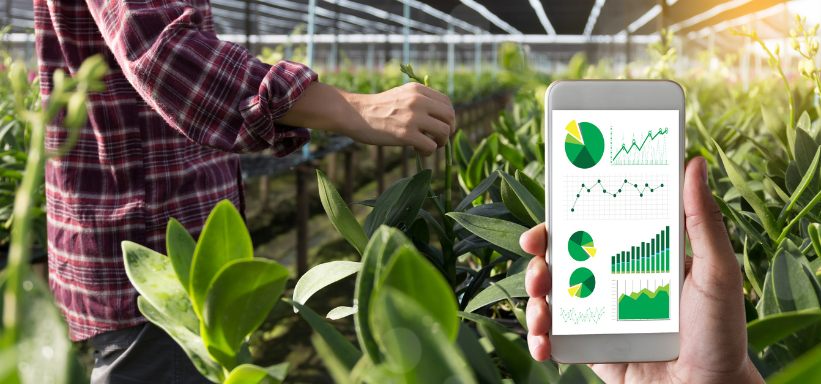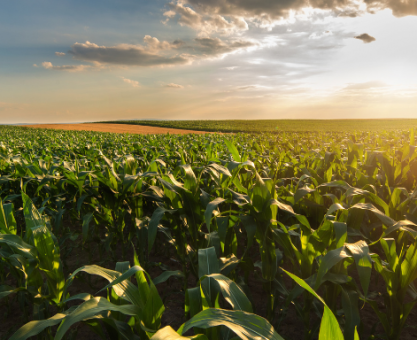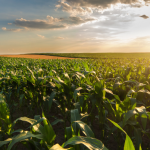Executive Summary
-
Sustainable agriculture is crucial for meeting global food demands while minimizing environmental impact.
-
Investment in sustainable agriculture funds is expected to grow significantly by 2025 due to increasing consumer awareness and regulatory pressures.
-
Key trends include technological advancements, climate-smart agriculture, and government incentives.
-
Challenges such as high initial costs and market volatility persist, but strategic investments can mitigate risks.
-
Expert insights suggest diversification and leveraging technology as critical strategies for investors.
Introduction
Imagine a world where agriculture not only feeds the populace but also preserves the planet. As global population numbers rise and the climate crisis intensifies, sustainable agriculture becomes an imperative rather than an option. For investors, understanding the key trends driving growth in sustainable agriculture funds by 2025 is essential for making informed decisions. This article will dive into these trends, their implications, and strategic insights to capitalize on this burgeoning sector.
Definitions / Context
Sustainable Agriculture Funds invest in agricultural practices that are economically viable, environmentally sound, and socially responsible. These funds aim to support farming systems that improve efficiency while reducing carbon footprints and conserving resources.
Benefits / Pros
-
Technological Advancements: Innovative technologies such as precision farming and biotechnology are reducing resource wastage and increasing crop yields.
-
Consumer Demand: There’s a growing preference for sustainably sourced products, driving companies to adopt greener practices.
-
Regulatory Support: Governments worldwide are offering incentives for sustainable farming practices, enhancing the appeal of these investments.
-
Long-Term Viability: Sustainable agriculture is seen as a long-term solution to food security, which translates into stable investment opportunities.
Risks / Cons / Challenges
-
High Initial Costs: Transitioning to sustainable practices often requires significant upfront investment.
-
Market Volatility: Prices of agricultural commodities can be volatile, affecting fund performance.
-
Compliance and Regulation: Navigating the complex landscape of agricultural regulations can be daunting.
Step-by-Step Process
How to Invest in Sustainable Agriculture Funds
-
Research Fund Options: Look for funds with strong track records in sustainable investments.
-
Evaluate Performance: Analyze past performance and future prospects.
-
Assess Risks: Consider market volatility and regulatory environments.
-
Diversify Investments: Spread investments across various sustainable agriculture funds to reduce risk.
-
Monitor and Adjust: Regularly review investment performance and make necessary adjustments.
Consider the example of an investment firm that allocated resources into a fund specializing in organic farming technologies. Over five years, the firm saw a 15% annual return, driven by consumer demand for organic products and government subsidies supporting organic farming.
– GreenGrowth Organic Fund
Expert Tips / Strategic Insights
-
Diversification: Invest across different geographic regions and agricultural sectors to minimize risk.
-
Leverage Technology: Invest in funds that prioritize cutting-edge agricultural technologies.
-
Stay Informed: Keep abreast of regulatory changes and market trends to make timely investment decisions.
Tools / Resources / Calculators
-
AgFunder Network: Offers insights and resources for investing in agri-tech.
-
Sustainable Agriculture Research and Education (SARE): Provides comprehensive resources and support.
-
Investment Calculators: Use online calculators to estimate potential returns on sustainable agriculture funds.
Conclusion
Sustainable agriculture funds are poised for significant growth by 2025, fueled by technological innovations, regulatory incentives, and shifting consumer preferences. While challenges exist, strategic investments and diversification can yield substantial returns. For investors keen on making a positive environmental impact while securing financial gains, sustainable agriculture funds present a compelling opportunity.























